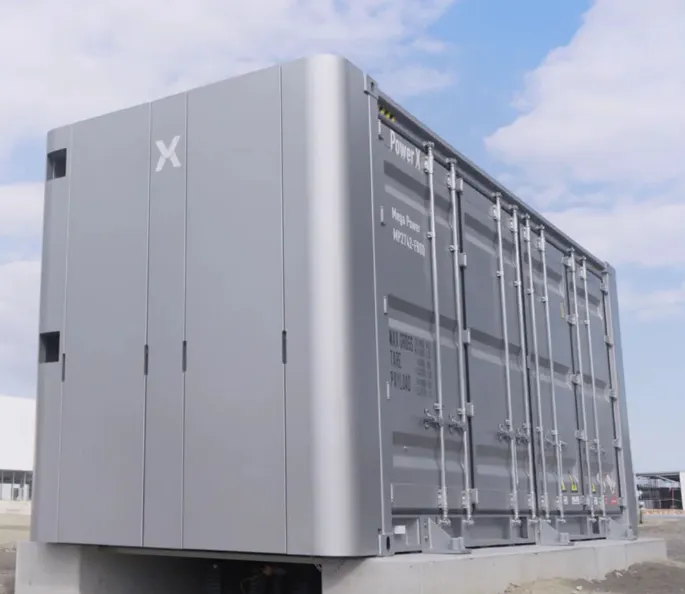In a groundbreaking development, researchers at the Korea Advanced Institute of Science and Technology (KAIST) have introduced a new energy-efficient Neural Processing Unit (NPU) technology that promises significant improvements in AI performance while reducing power consumption by 44%. This innovation could potentially reshape the AI infrastructure landscape, especially in the context of cloud computing.
A Leap in Performance and Energy Efficiency
KAIST’s newly developed AI chip delivers a remarkable 60% faster AI model execution while using nearly half the power of traditional GPUs, which are currently the go-to hardware for most AI systems. The research, spearheaded by Professor Jongse Park from KAIST’s School of Computing, addresses one of the major pain points in modern AI—high power usage and hardware demands. This achievement is particularly crucial given the massive computational needs of large-scale generative AI models, such as OpenAI’s ChatGPT-4 and Google’s Gemini 2.5, which require massive memory bandwidth and capacity.
These large models push companies like Google and Microsoft to invest heavily in expensive NVIDIA GPUs. However, KAIST’s new chip offers a solution by tackling one of the primary issues contributing to inefficiency: memory bottlenecks.
Tackling the Memory Bottleneck Problem
At the core of this advancement is the team’s innovative solution to the memory bottleneck that currently hampers AI systems. KAIST’s NPU technology optimizes the AI inference process, ensuring that memory usage is reduced without sacrificing performance accuracy—something previous solutions have struggled to achieve. The research is centered around KV cache quantization, a component that consumes the most memory in generative AI models. By fine-tuning this element, KAIST’s team has created a system that achieves comparable performance to traditional GPU-based setups but with far fewer NPU devices.
The breakthrough was presented at the 2025 International Symposium on Computer Architecture (ISCA) in Tokyo, where the researchers showcased their findings in a paper titled “Oaken: Fast and Efficient LLM Serving with Online-Offline Hybrid KV Cache Quantization.” This work highlights how optimizing the KV cache can significantly reduce the memory footprint, leading to a more efficient AI infrastructure.
Advanced Architecture and Innovation
The energy-efficient NPU technology uses a cutting-edge three-pronged quantization algorithm: threshold-based online-offline hybrid quantization, group-shift quantization, and fused dense-and-sparse encoding. This enables the NPU to integrate seamlessly with existing memory interfaces, meaning it can work with current NPU architectures without requiring substantial changes to the operational logic.
To maximize efficiency, the architecture also incorporates page-level memory management techniques, which improve the use of memory bandwidth and capacity. New encoding techniques have been introduced to optimize the quantized KV cache, addressing the unique needs of this approach. According to Professor Park, the technology reduces memory requirements while maintaining inference accuracy, leading to a more than 60% performance boost compared to the latest GPUs.
Environmental Benefits and Sustainability
As the AI sector faces mounting concerns about its environmental impact, KAIST’s new NPU technology offers a potential solution. By reducing power consumption by 44%, this energy-efficient chip can help lower the carbon footprint of AI cloud services. The broader adoption of this technology could pave the way for more sustainable AI operations, contributing to a greener future in AI computing.
However, the real-world impact of this technology will depend on several factors, including its scalability, cost-effectiveness, and how quickly it can be adopted by the industry. While the researchers recognize that the solution is still evolving, they view it as a critical step toward more sustainable AI infrastructure.
The Road Ahead: Industry Adoption and Future Prospects
The timing of this breakthrough couldn’t be more significant, as AI companies are increasingly under pressure to balance high performance with environmental sustainability. With current GPU solutions driving up costs and contributing to supply chain challenges, alternative technologies like KAIST’s energy-efficient NPU are becoming more attractive.
Professor Park believes this technology has the potential to revolutionize AI cloud data centers and the emerging AI transformation (AX) space, which includes dynamic AI applications such as agentic AI. The development marks a major step forward in AI sustainability, but its true impact will depend on how quickly it can be scaled and integrated into commercial applications.
As the AI industry continues to grapple with energy consumption and environmental concerns, innovations like KAIST’s energy-efficient NPU offer hope for a more sustainable future in artificial intelligence.





